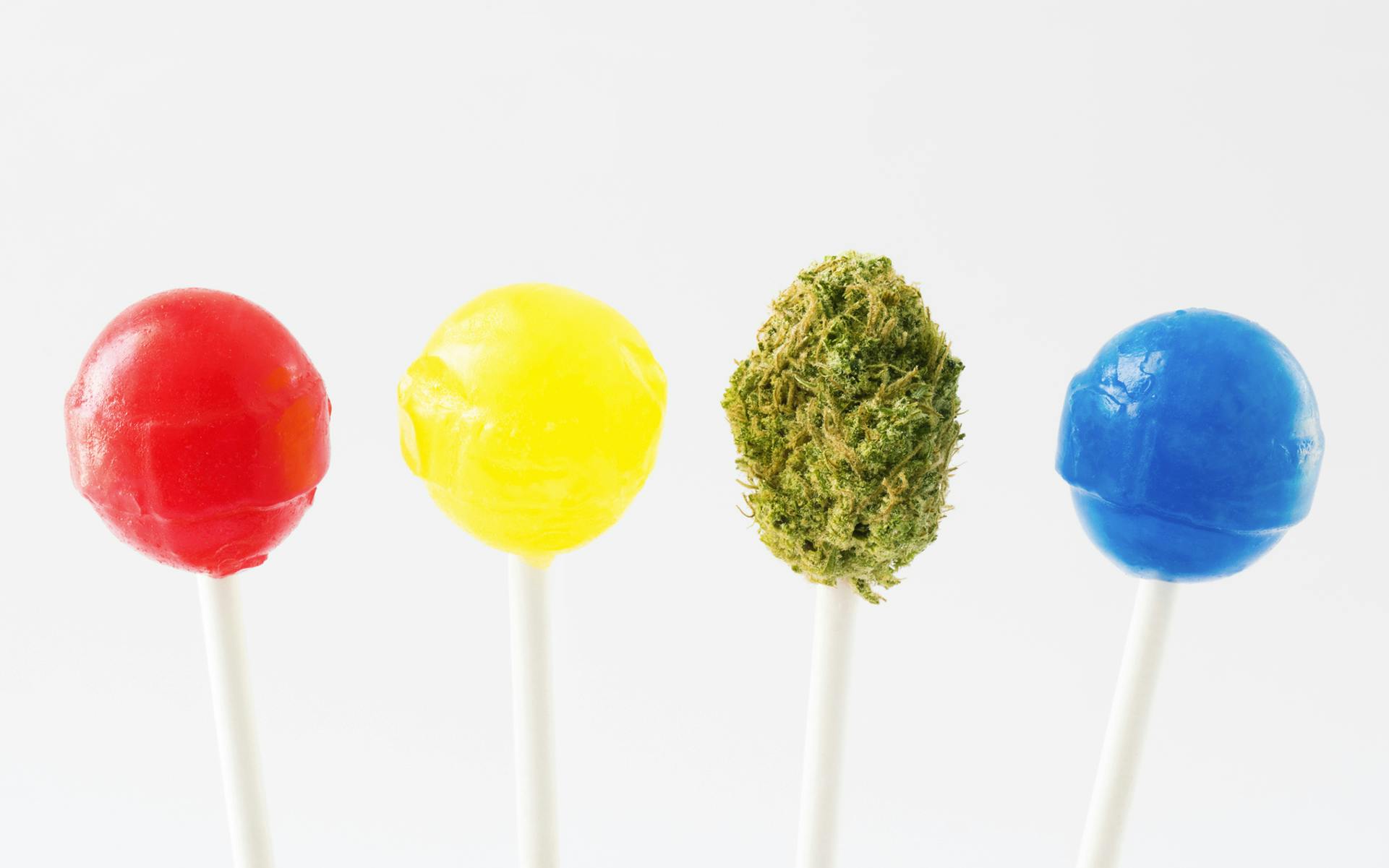Major changes to California cannabis dispensary menus—and at businesses making marijuana-infused edibles—are underway after state regulators slapped a strict limit on the amount of THC allowed in edible marijuana products.
When the state’s adult-use market launches Jan. 1, cannabis edibles sold in adult-use dispensaries must be capped at total strength of no more than 100 milligrams of THC. Edibles must also be divided into clearly identifiable servings of no more than 10 milligrams in strength each.
The new limits will apply to medical marijuana products, too, though more potent edibles should still be available for several months. Stronger products are allowed at medical marijuana dispensaries until July 1 provided they have an extra label that identifies them as exceeding the 100-milligram limit.
The new restrictions are among a smorgasboard of changes to rules around cannabis-infused gummies, cookies, candies, and other edible products unveiled in emergency regulations released this month by the California Department of Public Health (DPH).
Edibles resembling fruit, animals, or humans will be prohibited beginning Jan. 1, and products may not resemble or be referred to as “candy” after that date. Labels can’t have cartoons, images, or other messaging that could potentially appeal to children, and they may not include any kind of health promises or guarantees that aren’t scientifically proven. The health department also reserves the right to ban any future product that it deems appealing to children.
By far the most disruptive change is the limit on THC. In the state’s current medical market, patients have shown a strong affinity for potent products.
“The most popular edibles were the higher-potency edibles,” said Dennis Hunter, founder of Santa Rosa-based Cannacraft, which produces a host of cannabis brands, including Satori artisan chocolates. Several products in Satori’s line will now have to be discontinued, Hunter said.
“The regulated market is banning something people want. The black market will absolutely go take care of that demand.”
Other companies are scrambling after their product lines took a more severe hit. Among the most prominent is Korova, which markets high-potency products such as its 1,000-milligram “5150 bar,” which boasts “unrivaled potency.” Korova did not immediately respond to an e-mail seeking comment from Leafly, but it appears the company has been preparing for a change. Earlier this month the company introduced a line of miniature cookies containing 100 milligrams of THC each.
Cannabis patients and consumers will still be allowed to access products stronger than 100 milligrams of THC, the best-known and most-understood of the many active compounds in the cannabis plant. Concentrates and tinctures with up to 1,000 milligrams of THC will be available in recreational dispensaries, and medical outlets will be allowed to carry products of up to 2,000 milligrams in strength.
While the new rules aren’t final—the emergency regulations could be changed again by late spring before they’re locked in—the limit on THC seems unlikely to change much anytime soon.
Regulators first proposed the 100-milligram cap in draft rules released in May. The limit puts California in step with other legal-marijuana states such as Washington, Colorado, and Nevada, which all cap edibles available to recreational consumers at 100 milligrams of THC. Oregon limits adult-use edibles to 50 milligrams but does not limit the potency of edibles available in medical marijuana dispensaries.
California so far has taken a cautious approach in rulemaking, with regulators seemingly well aware of the fears around legalization’s impact on children. Edibles have come under fire in legal states after reports of children mistakenly eating them—and after a few high-profile incidents of accidental overconsumption, the most notable being that of New York Times columnist Maureen Dowd.
Edibles have also become a favorite target of leery law-enforcement and anti-legalization advocates eager to demonstrate cannabis as a menace to the public.
There is, however, some support within the marijuana industry for THC limits.
Kevin Reed is CEO and founder of The Green Cross, one of San Francisco’s oldest legal medical-marijuana dispensaries. Reed has been petitioning the Board of Supervisors for an edibles limit since early 2015. In the meantime, he has willfully self-regulated and refused to sell anything stronger than 100 milligrams. If you wanted a Korova bar, you had to go somewhere else. “There is no medical necessity that requires that kind of dose,” he said in 2015.
Hunter, at Cannacraft, said his company was preparing for an edibles limit, and because of that, “it won’t be too disruptive.” But he still thinks the ban on high-potency products is a mistake.
“There’s obviously a demand for high-dose edibles,” he said. “You might as well regulate it.”
Otherwise, he predicted, consumers may turn to the illicit market, undermining state lawmakers’ goal of transitioning to legal sales. “The regulated market is banning something people want,” he said. “The black market will absolutely go take care of that demand.”






